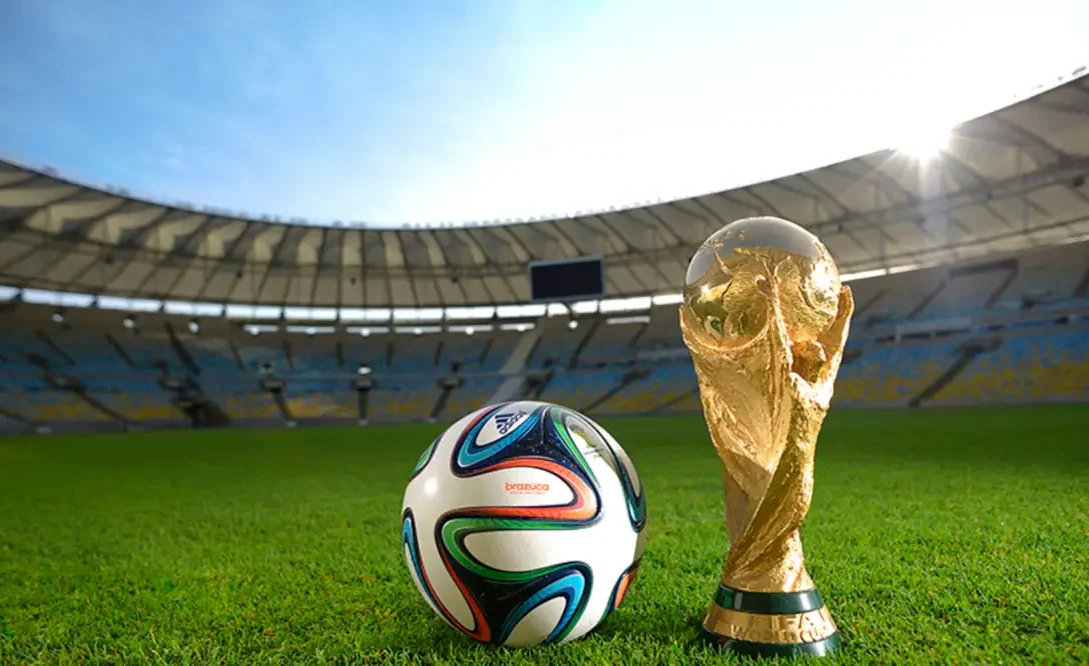The FIFA World Cup stands as the most prestigious and widely viewed sporting event in the world. Held every four years, this international football tournament captivates billions of fans across the globe, showcasing the highest level of competition and the world’s best football talents. This article explores the history, format, impact, and significance of the FIFA World Cup.
History of the FIFA World Cup
The inaugural FIFA World Cup playjitu took place in 1930 in Uruguay, with the host nation emerging victorious. Since then, the tournament has grown exponentially, both in terms of participation and global reach. The World Cup has witnessed historic moments and legendary players, from Pele and Maradona to modern icons like Messi and Ronaldo.
Tournament Format
The FIFA World Cup features a multi-stage format:
- Qualification: National teams from FIFA’s pasaran bola six continental confederations compete in qualification matches over three years to earn a spot in the World Cup.
- Group Stage: 32 teams are divided into eight groups of four. Each team plays three matches, and the top two teams from each group advance to the knockout stage.
- Knockout Stage: Consists of the Round of 16, quarter-finals, semi-finals, and the final. Matches are single-elimination, culminating in the final where the winner is crowned World Champion.
Key Moments and Records
- First World Cup: Uruguay 1930 – Uruguay wins the inaugural tournament.
- Brazil’s Dominance: Brazil holds the record with five World Cup titles (1958, 1962, 1970, 1994, 2002).
- Historic Upsets: Matches like the 1950 defeat of Brazil by Uruguay in the Maracanã Stadium and Germany’s 7-1 victory over Brazil in 2014 are etched in football history.
- Golden Boot: Awarded to the top scorer of each tournament, with notable winners including Miroslav Klose and Ronaldo.
Impact on Global Culture
The FIFA World Cup transcends sports, influencing global culture and society:
- Economic Boost: Host countries experience a surge in tourism, infrastructure development, and job creation.
- Cultural Exchange: Fans from around the world gather, promoting cultural exchange and global unity.
- Social Impact: The tournament often brings attention to social issues and has been a platform for promoting messages of peace and inclusivity.
Modern Innovations
Recent tournaments have seen the introduction of technology to enhance the game:
- VAR (Video Assistant Referee): Implemented to assist referees in making accurate decisions on critical moments.
- Goal-Line Technology: Ensures precise judgment on whether the ball has crossed the goal line.
Future of the FIFA World Cup
The 2026 FIFA World Cup will mark a significant expansion, featuring 48 teams and hosted by the United States, Canada, and Mexico. This expansion aims to include more nations and increase the tournament’s global footprint.
The FIFA World Cup mix parlay 2 tim is more than just a football tournament; it is a global celebration of sport, culture, and human spirit. With its rich history, thrilling competition, and profound impact on the world, the FIFA World Cup continues to unite nations and inspire millions. As we look forward to future tournaments, the legacy of the World Cup remains a testament to the enduring power and beauty of football.




